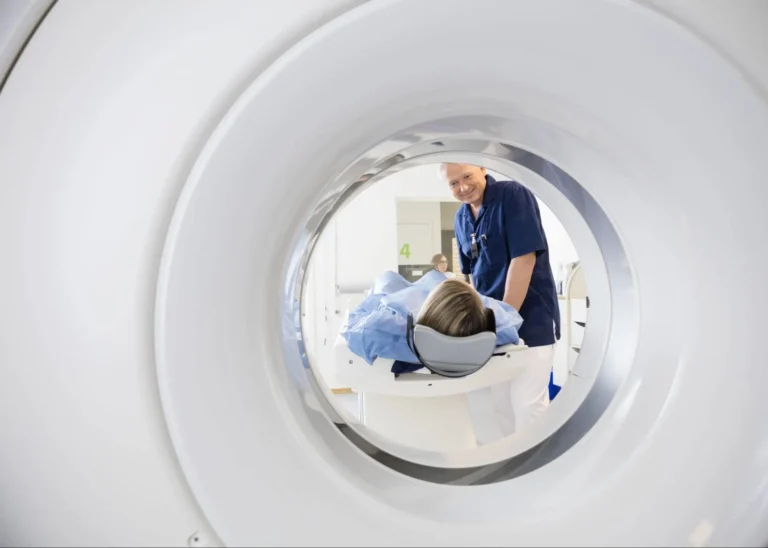What Is the Purpose of Neuropsychological Testing?

Understanding your brain’s unique strengths and challenges becomes more manageable when you know what tools are available to help. Neuropsychological testing provides a comprehensive method for evaluating cognitive function. This assessment helps identify specific areas where you might need support while highlighting your cognitive strengths. Here is what you need to know about neuropsychological testing, including what it involves, who benefits from it, and what happens during the process:
What Is Neuropsychological Testing?
Neuropsychological testing is a specialized assessment that measures different cognitive abilities through structured tasks and exercises. Unlike regular medical tests, these evaluations focus on how your brain functions in areas like memory, attention, and problem-solving. A trained doctor guides you through specific tests designed to assess brain function.
These assessments are scientifically validated, meaning they provide reliable and accurate insights into your cognitive skills. The testing usually takes several hours and involves completing tasks that may seem like puzzles or games. Each task targets a different cognitive ability, helping the specialist develop a detailed understanding of how your brain works. The results highlight both your strengths and areas where you might need extra support.
What Does Testing Evaluate?
Neuropsychological testing evaluates various cognitive skills that impact everyday life. Memory tests assess your ability to learn new information, recall details, and recognize familiar items. This includes short-term memory for immediate tasks and long-term memory for information learned over time.
Attention and concentration tests measure how well you can focus on tasks, ignore distractions, and stay alert. These skills are essential for work, school, and daily activities that require sustained mental effort. Processing speed tests determine how quickly you can perform mental tasks accurately. This skill helps you keep up with conversations, complete work efficiently, and respond promptly in time-sensitive situations.
Who May Need Testing?
People with memory problems, difficulty concentrating, or changes in thinking often benefit from tests. These symptoms can occur after a head injury, stroke, or other brain-related medical conditions. Students who struggle academically despite putting in effort may need testing to find learning differences or attention issues.
Early detection enables suitable accommodations and support, which can enhance academic success. Adults facing workplace issues like trouble with concentration, memory, or making decisions may also seek testing to understand their cognitive challenges. This helps in creating effective strategies to manage work tasks.
What Should I Expect?
The testing process starts with an in-depth interview about your medical history, current symptoms, and daily functioning. This information helps the doctor choose the proper tests and interpret the results accurately. During testing, you’ll complete different tasks, such as memorizing word lists, solving puzzles, copying designs, or answering questions about pictures. The doctor will guide you through each task, explaining what to do. Typical testing sessions last from three to six hours, but this can vary depending on your needs. You will have breaks during the session to prevent fatigue from affecting your performance.
Schedule a Test Near You
Neuropsychological testing is a useful way to learn about your cognitive strengths and identify areas that may need support. Whether you’re experiencing memory issues, learning difficulties, or changes in thinking skills, these tests provide helpful insights to guide effective treatment. If you have concerns about your thinking or want to understand your brain better, talking to a healthcare provider about neuropsychological testing could be a wise next step.
- What to Expect When Visiting a Foot and Ankle Specialist
- Causes of PTSD
- The Link Between Plantar Fasciitis and Weight Gain: What You Need to Know
- How Pet Ownership Can Positively Impact Life with Fibromyalgia
- The Importance of Stretching and Flexibility in Sports Medicine
Dr. Emma Green is a health and wellness expert with over 10 years of experience in nutrition and fitness. Passionate about helping others live their healthiest lives, Dr. Green shares practical advice on wellness, nutrition, and sustainable living through LivingSpristine.






